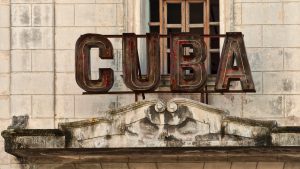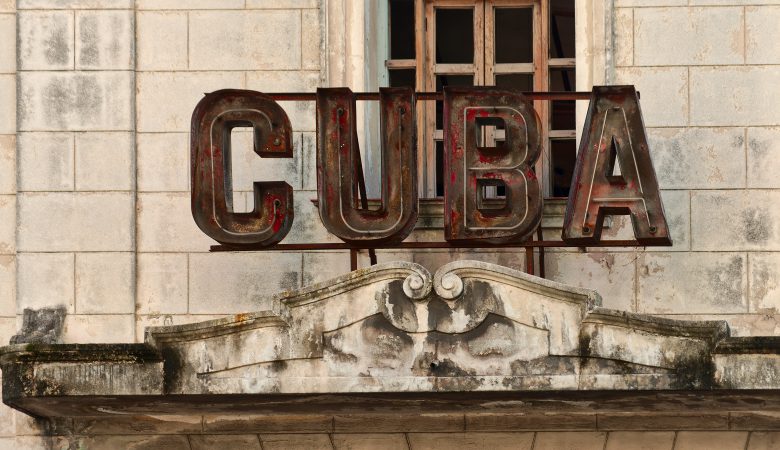Property Rights Bring Hope to Cuba
After more than fifty years as a communist regime, Cuba is struggling to embrace the free markets, private property, and investment. Shortly after President Donald Trump re-instated certain business restrictions, the National Assembly of Cuba began drafting a new constitution that would replace the island’s 1976 Soviet-style version.
On July 22 Cuban lawmakers unanimously passed the 224 articles of the next Magna Carta, which reform how politics, economics, and society interact.
The new text omits the use of the term “communism” and splits the political power of the president with a newly created prime minister. The most striking proposal of the reform is the recognition of private property, a principle at odds with Cuba’s well-known communism.
The document addresses: “the recognition of the role of the market and new forms of property, including the private one,” according to Granma, the official bulletin of the Communist Party of Cuba (PCC). It accredits the small Cuban businesses that have thrived due to the modest market reforms enacted since 2008.
The right to private property is the father of all rights. Giving individuals the right to create efficient outcomes by weighing the costs and benefits of their decisions, turns into higher living standards for all.
As good as these changes are for Cuban society, it is necessary to recognize the human rights abuses the country has suffered for decades. The use of arbitrary detention to harass and intimidate critics, independent activists, and political opponents and the lack of freedom of expression to restrict information in the country are inherently wrong and are also deterrents to Cuba’s growth and development.
Cuban policymakers contend the constitutional reform will meet the needs of Cuban citizens and provide an economic boost for development.
“The recognition of private property is an opening to foreign investment,” said Arturo Lopez-Levy, a former analyst with the Cuban Interior Ministry. Mr. Levy asks observers to see “the Cuban economy as mixed, with possible integrations of… different state and private sectors.”
As noted by Hernando de Soto in The Mystery of Capital, “Without property titles, homeowners cannot use their dwellings as collateral to borrow money that would help them escape poverty.”
However, the majority of the economy will remain under state control. The draft proposal reaffirms that the state economic system must “maintain, as essential principles, the social property of all the people.”
To recover from its current economic crisis Cuba must attract at least $2.5 billion per year in foreign investment. The new proposal aims to construct a limited private-property regime in order attract foreign entrepreneurs to invest in the island. Cuba’s current GDP growth rate is a poor 1.1 percent per year.
The 1976 constitution only recognized state, cooperative, farmer, personal, and joint type venture properties. The implementation of property rights promotes economic freedom and individual liberty. The human right to own property and control its use encourages individuals to invent, invest, and maximize their economic and social contributions.
The draft will now go into popular consultation from August to November and the final document will then be put to a national referendum later this year.
At Property Rights Alliance we hope this means we will soon be able to collect enough data from Cuba to include the country in the annual International Property Rights Index. The recent 2018 publication measures the property rights environment in 125 countries and acts a tool for policymakers, business communities, and civic activists.
The 2018 report revealed: the strongest social indicator correlating with property rights scores is the Corruption Perception Index (.93). Indicating that, regardless of what property rights become enshrined in Cuba’s legislator, there will remain deep skepticism among investors and Cubans until the whole legal system is considered independent of the executive.

